News + Media
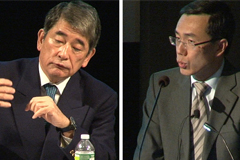 |
In the NewsApril 17, 2013China and Japan in the East China SeaPeter DizikesMIT NewsAt MIT event, diplomats and scholars reinforce high stakes, lack of progress on Asian territorial dispute. |
 |
News@E40April 16, 2013MISTI honored for innovation in higher edNAFSA: Association of International Educators has announced that MIT's flagship international education program, MIT International Science and Technology Initiatives (MISTI), will receive the 2013 Senator Paul Simon Spotlight Award. According to NAFSA Executive Director and CEO Marlene M. Johnson, winners of the Simon Award are "excellent models for how higher education across the country can and must innovate to prepare our students for the global economy we live in today." Read more. |
 |
In the NewsApril 13, 2013When the world changedThe EconomistLater this month Christian Caryl, a veteran foreign correspondent now based in Washington, will publish a timely new book, “Strange Rebels: 1979 and the Birth of the 21st Century”. In it he argues that 1979 belongs to the select club of real turning-points: years in which one era ended and another was born. |
 |
In the NewsApril 2, 2013Amateur hourStephen M. WaltForeign PolicyUnited States has lofty global ambitions, and its leaders still like to describe the country as the "leader of the free world," the "indispensable nation," and various other self-congratulatory labels. Yet it doesn’t always marry these ambitions to a set of policies and practices that would help it achieve them. Case in point: the well-sourced rumor that the Obama administration is about to appoint Caroline Kennedy to serve as our next ambassador to Japan. The obvious question: Is this an appointment that demonstrates a serious engagement with the complex problems the United States is now facing in Asia? |
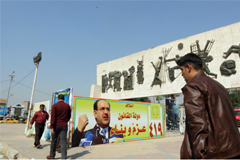 |
In the NewsMarch 6, 2013The democracy boondoggle in IraqChristian CarylForeign PolicyThe U.S. spent billions promoting democracy in Iraq. Now the official verdict is in: It was all for nothing. |
 |
News ReleaseMarch 4, 2013Sharon Stanton Russell, 68, pioneering academicSharon Stanton Russell, 68, died peacefully on February 27, 2013, after a prolonged illness. A prominent and pioneering academic in the field of international migration who advised governments around the world, Sharon was a senior research scholar at the Center for International Studies at MIT. She also served as director of the Mellon-MIT Inter-University Program on Non-Governmental Organizations and Forced Migration from 1997 to 2005 and as chair of the Steering Group of the Inter-University Committee on International Migration from 1999 to 2005. |
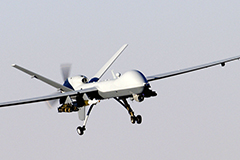 |
AuditFebruary 16, 2013Attack of the drones: ethical, legal and strategic implications of UAV useLena Simone Andrews, MITThe United States has dramatically increased the development, acquisition, and use of unmanned aerial vehicles (UAVs). As these systems have grown, a chorus of skeptics has raised questions about the tactical, ethical, and strategic implications of this technology. |
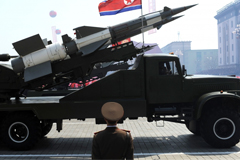 |
Analysis + OpinionFebruary 12, 2013How do you solve a problem like North Korea?David CaseGlobalPostKim Jong Un detonated a nuclear weapon at North Korea's Pungyye-ri test site on Tuesday. The test appeared to be more successful than the two previous explosions.
|
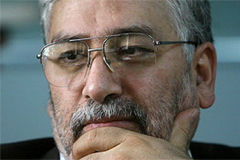 |
In the NewsFebruary 7, 2013Lifting of sanctions will take a few yearsAbbas MalekiPanorama.amAn interview of Irdiplomacy.ir with Dr. Abbas Maleki, a former Iranian deputy foreign minister. |
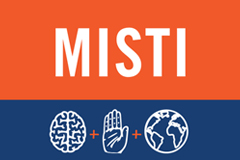 |
News@E40February 5, 2013MISTI's global seed funds winnersA total of 97 faculty international research projects have received $1.99 million in funding from the 2012-2013 MISTI Global Seed Funds competition. These projects were selected from among 196 proposals submitted by faculty and research scientists from 22 departments across the Institute. MISTI Global Seed Funds (MISTI GSF) was established to enhance the internationalization of MIT research and education. Since 2008, the program has awarded $6 million to 304 projects. |



